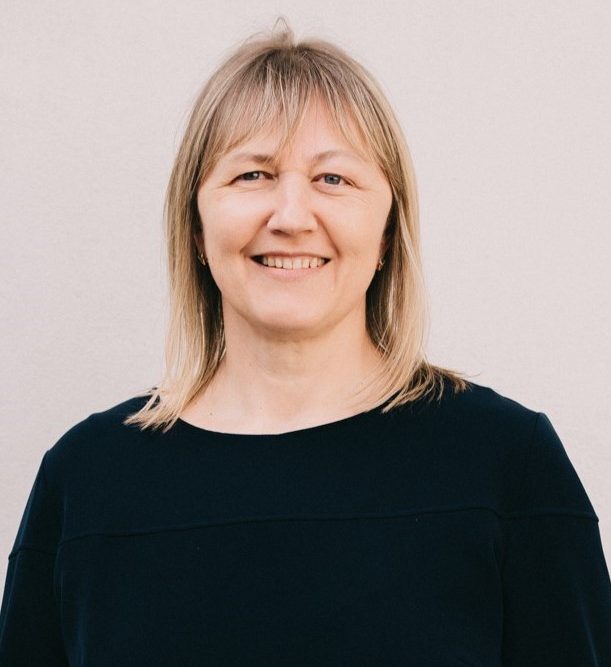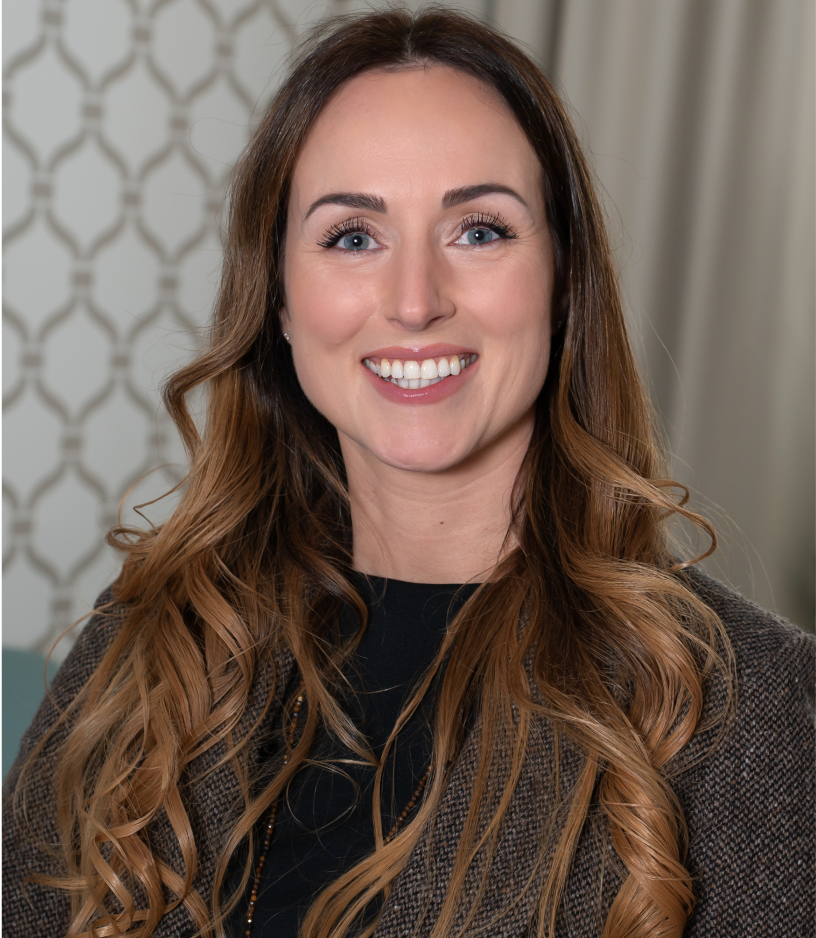I always wanted to be in the medical field, but I can’t say I specifically aimed to become a doctor for people since childhood. Initially, I considered veterinary medicine, but later realized that working with humans would be a bigger challenge and more interesting. I was always intrigued by how diseases develop, the connection between disease onset and lifestyle, stress, and other factors. I wanted to show care for people and help them, so this specialty attracted me even more.
While studying medicine, I attended endobiogeny courses starting from the third year. I believe fate led me to endobiogeny—I attended the first lecture out of interest in depression and its causes, and I was immediately fascinated by the holistic approach to the patient and individual body characteristics rather than focusing solely on the disease itself. Together with a friend, we began discussing why nobody talks about all those connections and relationships at university, how one thing affects another—from nature to stressful situations and diet, to the individual nervous system and hormonal reaction to what happens around us and in our brains. Everything gradually started falling into place, and that’s how I became interested in endobiogeny.
Endobiogeny helps see how one system in the body affects another, how the body adapts to changing conditions, and what happens if the adaptation is insufficient or too strong. It allows understanding the essence, the root causes, and what everything started from, and helps to address the root of the problem. The human body can do a lot on its own if we help it and show it the direction. For example, polyps grow in the uterus, doctors recommend polypectomy (polyp removal), and after a few years, a new polyp grows. Why does this happen? What conditions lead to polyp growth? Why is it more common in perimenopausal women? Why more in some than in others? Endobiogeny allows evaluating the environment of the neuroendocrine system and noticing tendencies towards certain complaints or diseases. With such information, one can take immediate action to prevent diseases or help the body deal with existing ones.
I use endobiogeny products myself, take care of my diet, regularly exercise at a boxing club, adjust my workload—I try to adhere to the principles of a healthy lifestyle. For patients who think that a healthy lifestyle is as strict as in the military or in a monastery, I say—a small piece of cake during a birthday will not only harm but also reduce stress and bring joy. Balance is important, and it’s even more important to understand why you make certain decisions that will affect your health. It’s not enough to just take potions; it’s important to adjust your lifestyle. A lot depends on the patient’s determination to change habits. It’s also very important to collaborate with a specialist.
Education:
- 2020 – 2023, I completed my family medicine residency at Vilnius University.
- In 2019 continuous education studies on endobiogeny. Organizer: Endobiogeny Institute. Lecturer: Dr. Ch. Abi Chahine, President of the Belgian Endobiogeny Association.
- 2015 – 2017 continuous education studies on endobiogeny. Organizer: Endobiogeny Institute. Lecturers: Dr. K. Hedayat, President of the U.S. Endobiogeny Association; Dr. J. C. Lapraz, Founder of Endobiogeny; Dr. Miguel Garcia Poujol (Mexico), and others.
- 2012 – 2018 Master’s degree in Medicine at Lithuanian University of Health Sciences (LSMU).
Work experience:
- Starting from 2023, I work as a family physician at Hila Medical Center.
- Since 2019, I have been a lecturer in endobiogeny training programs at the Endobiogeny Institute.
- Since 2019, I have also been providing consultations at the “Endobiogenika” clinic.
- In 2018, I worked in the internal medicine and gastroenterology departments, as well as the emergency department, at Klinikum Lippe in Detmold, Germany.
















